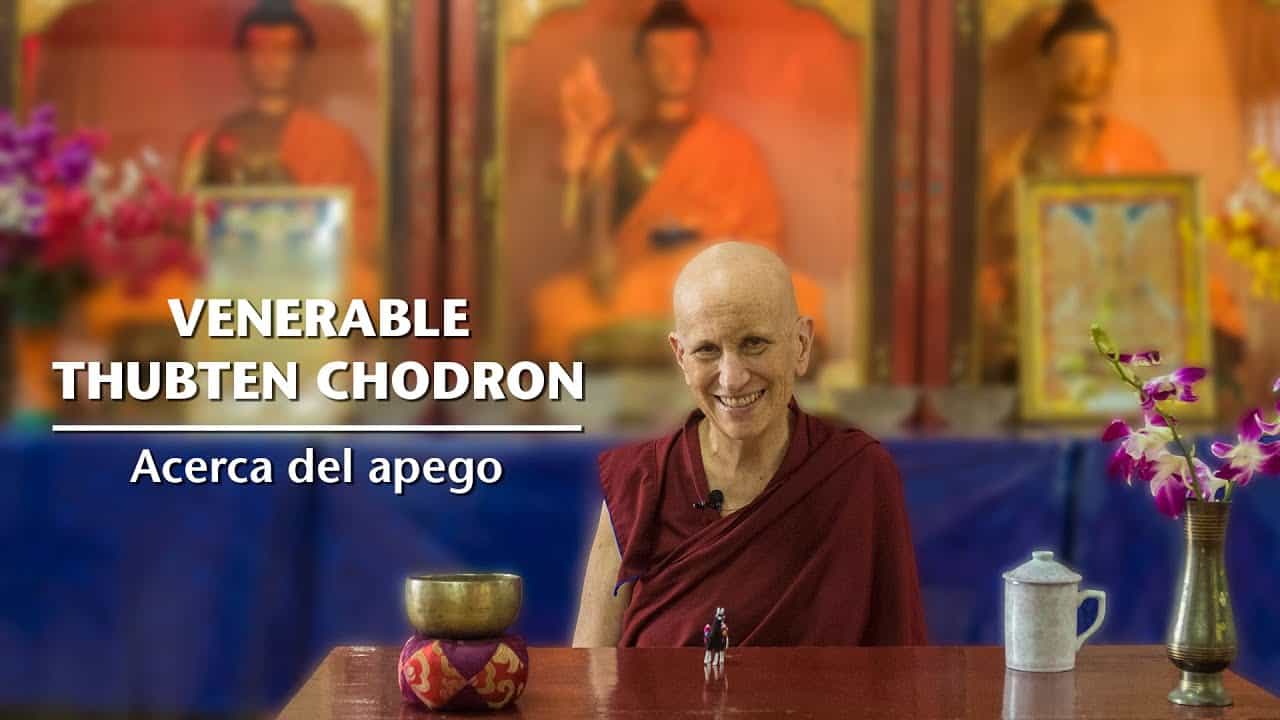On impermanence
A series of talks given at Tushita Meditation Centre in Dharamsala, India, on August 30, 2018.
- Definition of impermanence
- Accepting change
- Contemplating death
Impermanence is the world we live in, and the more that we reject the reality of impermanence, the more we’re going to suffer. So, whenever you reject reality and you cling to your own fantasy, you’re going to have suffering. I know for myself, I spent a long time contemplating the death of my parents, various loved ones, and so on, as a way of familiarizing my mind with the fact that that was going to happen. In Buddhism, we contemplate our own deaths because that helps us to see the value of our life and to make good use of our life.
For me, contemplating the deaths of the people I care about, it stopped the attachment to them because [I realize that] they aren’t going to be around forever, I’m not going to be around forever, and the point is if I am attached to them, when they die, attachment is a big set-up for suffering. What happens then is, okay I care about somebody, they pass away, then I cry, I’m upset, I’m grieving, but it’s they who died. So shouldn’t my attention be with compassion on the person who died and doing prayers and practices and dedicating merit for their good rebirth? If I’m sitting here falling apart because they’re dead, that’s out of my own self-concern, my own self-centeredness. Whereas, if I really think they’re the one who died, [and] they need my support, then I have to rise up to the occasion with compassion and help the person who is dying or has died.
Venerable Thubten Chodron
Venerable Chodron emphasizes the practical application of Buddha’s teachings in our daily lives and is especially skilled at explaining them in ways easily understood and practiced by Westerners. She is well known for her warm, humorous, and lucid teachings. She was ordained as a Buddhist nun in 1977 by Kyabje Ling Rinpoche in Dharamsala, India, and in 1986 she received bhikshuni (full) ordination in Taiwan. Read her full bio.


